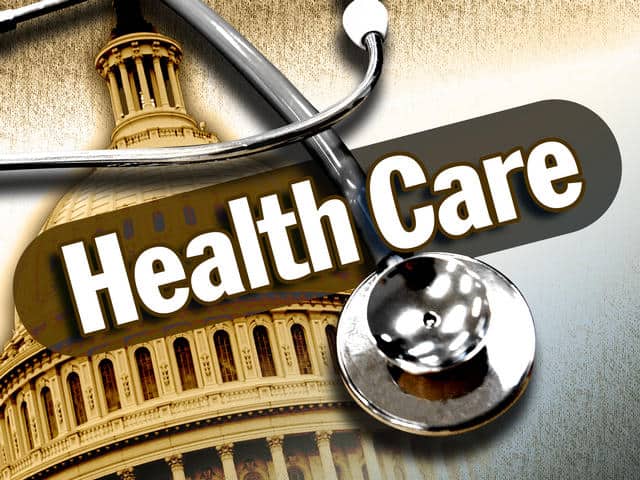By Stetson Thacker, ’14
Staff Writer
News on Obamacare, also known as the Patient Protection and Affordable Care Act (PPACA), has dominated the media. The news has revolved around the dysfunctional HealthCare.Gov, Governor Kasich’s controversial expansion of Medicaid in Ohio, Obama’s broken promise to individuals interested in keeping their current plans, and the government shutdown motivated by a political dogfight over Obamacare.
The political strife incited by Obamacare and its implementation should raise questions about whether it is the right answer for America. Obamacare appears to be one of the most polarizing issues in our political history and has not polled well either.
Is there not a better solution for reducing health care costs and increasing the number of people who buy health insurance that more of the country can agree upon?
As a student planning to pursue a career in medicine, I am passionate about affordably and efficiently delivering the highest quality of care to the most people.
Moreover, I think America’s health care system’s potential for accomplishing this challenging task is greater than any other system in the world because of its advanced medical technology – as long as we begin to reform health care with market-based solutions that truly address rising health care costs and avoid generating more bureaucracy.
My opposition to Obamacare simply stems from the fact that it does not address the root of soaring health care costs and is an unprecedented intrusion by the federal government into the health care industry, private business, and private citizens’ lives that was passed without any bipartisan support. Not a single Republican in the House or Senate voted for Obamacare and 39 House Democrats voted against it. In addition, the 2010 mid-term elections saw Republicans pick up 63 new seats in the House, the largest shift in House seats since 1938 — largely seen as a response to the passage of Obamacare.
In America, the cost of health care is extremely high and predicted to rise regardless of the implementation of Obamacare. Compounding this problem is the dramatic shortage of doctors, which is also predicted to worsen.
These facts highlight the need for true reform. Costs are high because of the consolidation of hospitals, increasing costs of and access to advanced medical technologies, wasteful medical spending, unhealthy lifestyles of Americans, and our rapidly aging population.
I do not profess to have all the answers, but I can envision several potential solutions absent from Obamacare. We have to reform tort law and reduce the extensive regulations in health care so that private providers can compete with the hospitals.
We need to work harder on educating the public on how to reduce their risk for chronic illnesses. We need to look for ways to increase transparency in medical care prices without government-run exchanges and greater ways to quantify the value of care for consumers. These are a few of numerous possibilities.
I believe that our local, state, and federal governments in concert with private citizens can generate some solutions that will improve health care. These solutions should not come in one enormous, hasty legislative move but rather a piecemeal, collaborative effort that balances private and public interests using market-based solutions, reduces the bureaucracy surrounding the health care industry, and increases wellness knowledge in America through education.

